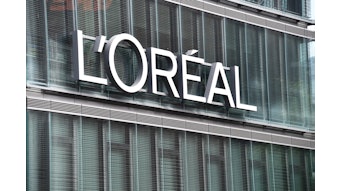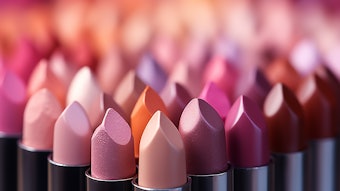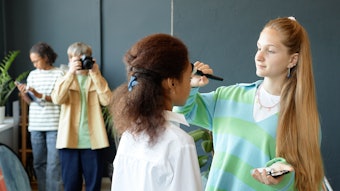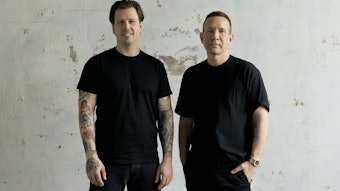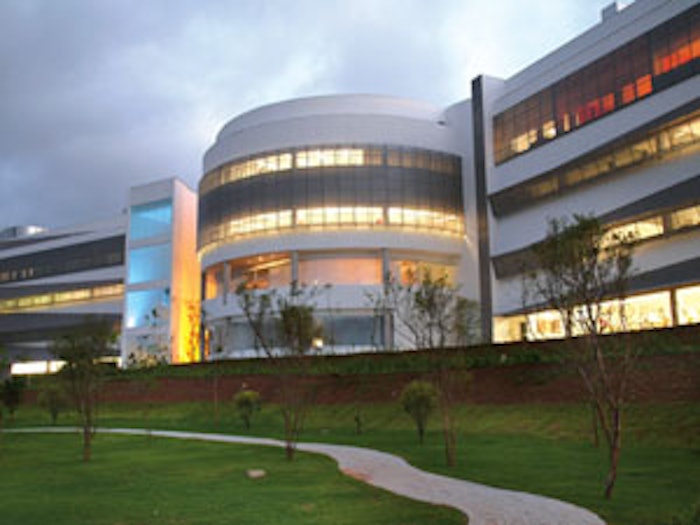
Door-to-door business in Brazil has largely been unaffected by the global economic downturn. A retail model built mainly on personal care products, and accounting for 88% of the sector’s total income, direct sales grew 14% in 2008, and recorded revenues of $8.5 billion—on the efforts of approximately two million resellers throughout Brazil, more than 1% of the country’s population.
According to Lírio Cipriani, president, ABVED (Brazilian Association of Direct Sales), one of the reasons for the sector’s success is the fact that its operations haven’t been impacted by the shortage of credit.
Direct sales can also benefit from turbulent periods due to the increased percentage of unemployment. It has proven to be an interesting option, especially for women, either as the sole source of income or to supplement other earnings. Sometimes, the same resellers work with many brands at the same time. “I’ve met people in the northeast of Brazil who represented up to seven companies,” said Cipriani, whose forecast is for the channel to surpass $9 billion in 2009.
One of the main direct sales players, Avon recorded a sales growth of 20% in 2008. According to the company’s Brazilian president, Luis Felipe Miranda, Brazil is Avon’s second market, only behind the U.S. “We are investing around $70 million to build Avon’s largest distribution center in the world,” he says. “It will be built in the state of São Paulo, and its opening is scheduled for 2011.”
By the end of the second quarter of 2009, Avon will also launch its hair coloring line, the only item missing from the company’s portfolio in the Brazilian market.
Avon is not the only company to benefit from the positive scenario. Amway is investing $45 million in order to double its revenue in South America by 2012. The newest brand in the direct sales market, Jequiti, plans to launch new products in its catalog by the end of the year.
Christian Dior Leads Fragrance Sales in Brazil
The world’s largest luxury conglomerate, LVMH announced that Christian Dior was the leading fragrance brand in the Brazilian market in 2008. It was the second consecutive year the brand led in sales. According to the Mexican market research company Segmenta, the women’s fragrance J’Adore, which celebrates its 10th anniversary, is the highest selling fragrance in the country.
“One of the reasons for Dior’s revenue having increased 13% in Brazil in 2008 is the launch of the male fragrance Dior Homme Sport,” said Renato Rabbat, group director, LVMH. “It was our most daring investment in recent years, and it turned out being a huge success.”
LVMH’s Givenchy brand also gained prominence in the national ranking, and climbed one position to the fourth place in fragrance sales.
New Fragrance Fixative Discovered in Native Plant
A discovery made by forest engineer Ana Virginia Castelo of the University of Brasilia has drawn even more attention to the potential of Brazil’s “cerrado,” a tropical savanna region and the country’s second largest biome—and an area of international scrutiny as the impact of deforestation has gained notoriety. Castle found linalool, a substance that serves as an excellent fixative for perfumes, in the essential oil of the leaf of the Araçá do Cerrado (Psidium myrsinides). According to Castle, there are many synthetic fixatives, but natural fixatives, which have only been available in small quantities, are in high demand for certain segments of products.
Used as raw material by the world famous Chanel No 5, the linalool is also found in the rosewood (“pau-rosa”) aromatic oil, harvested from the Amazon rain forest. The new discovery opens the possibility for the Araçá to be used in the perfumery industry with a major differential: the linalool is extracted from the plant’s leaves, not from its trunk, creating an ecologically advantageous solution to sourcing.
IFF Opens New Creative Center Outside of São Paulo
IFF (International Flavors & Fragrances) inaugurated a new creative center for flavors and fragrances in Santana do Parnaiba, located 14 miles from São Paulo. The center, according to the company, offers the tools and equipment needed to support the performance of creation and analysis teams, trade professionals and technicians. “The advanced features of the building will help us to study and understand the preferences of consumers and how they affect and are affected by global trends,” said Dionisio Ferenc, regional director of IFF.
The investment strengthens IFF’s presence in Latin America, and is a part of a comprehensive program to expand and modernize the company’s global facilities—the opening of the Brazilian creative center followed the inauguration of a new installation in Shanghai in February.
Yakult Cosmetics Discontinues Production in Brazil
After 10 years of operation in the region, Yakult Cosmetics discontinued production in Brazil. According to CEO Masahiko Sadakata, the decision was based on strategic issues, with the economic downturn as an underlying factor. “It resulted in high costs of imported raw materials,” he said.
Yakult Cosmetics began its operations in Brazil by importing products from Japan, but the production was completely nationalized in recent years. Sadakata was keen to stress that the group will now focus its efforts on the food segment, the company’s flagship, which will absorb some of the employees impacted by the closing of beauty production.
O Boticário Announces Investments Up to 2012
The world’s largest perfumery and cosmetics franchising network, by its own accounts, O Boticário closed 2008 with growth of 25%—reaching $520 million in revenue. The positive year included the opening of 195 stores and the announcement of $80 million in capital investments through 2012. The capital injection will be focused on expanding the brand’s factory, which produces approximately 80 million units per year, and on the construction of a new distribution center near São Paulo.
According to company president Artur Grynbaum, the new facility operations are projected to begin in the second half of 2009 and generate 200 jobs within the company and in support companies. “The new distribution center will be crucial to provide more efficient and flexible deliveries by increasing our supplying capabilities to more than 2,600 stores in 1,520 Brazilian cities,” he said.
Fernanda Bonifacio is a Brazilian journalist who focuses on the beauty industry, and has been published in the U.S. and Europe. During 2002–2008, she represented ABIHPEC and its member companies globally.
Fernanda Bonifacio is a Brazilian journalist who focuses on the beauty industry, and has been published in the U.S. and Europe. During 2002–2008, she represented ABIHPEC and its member companies globally.
